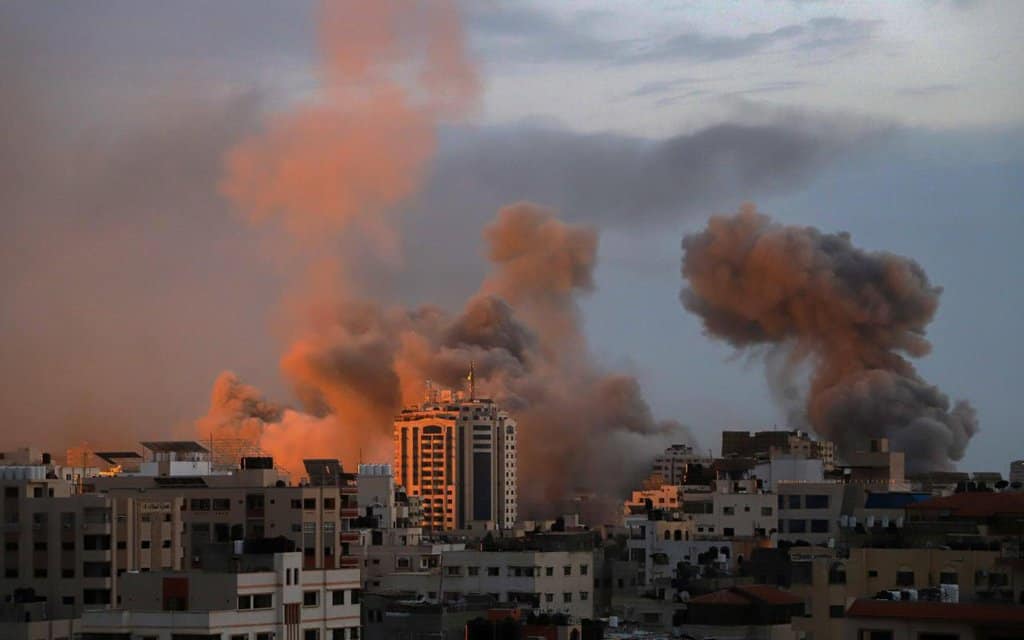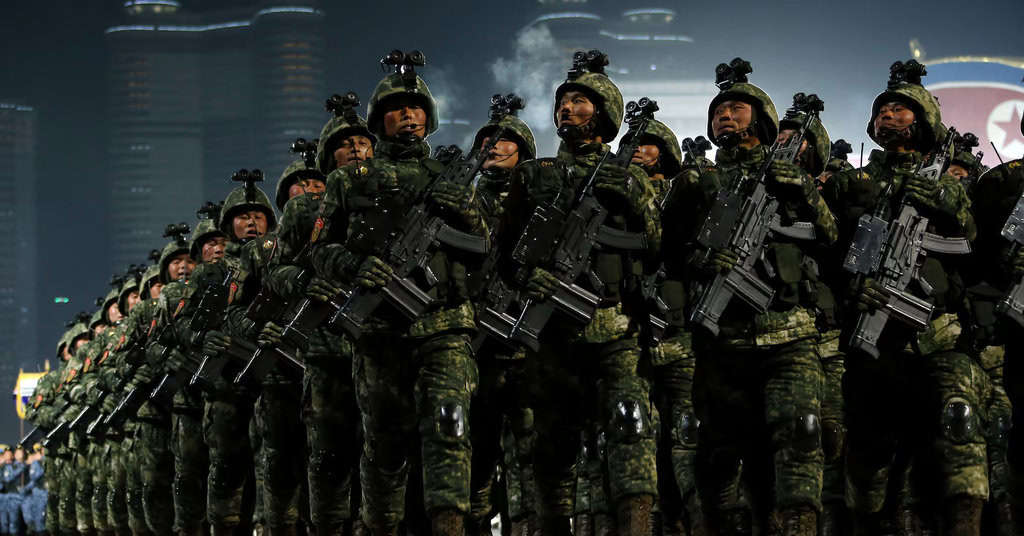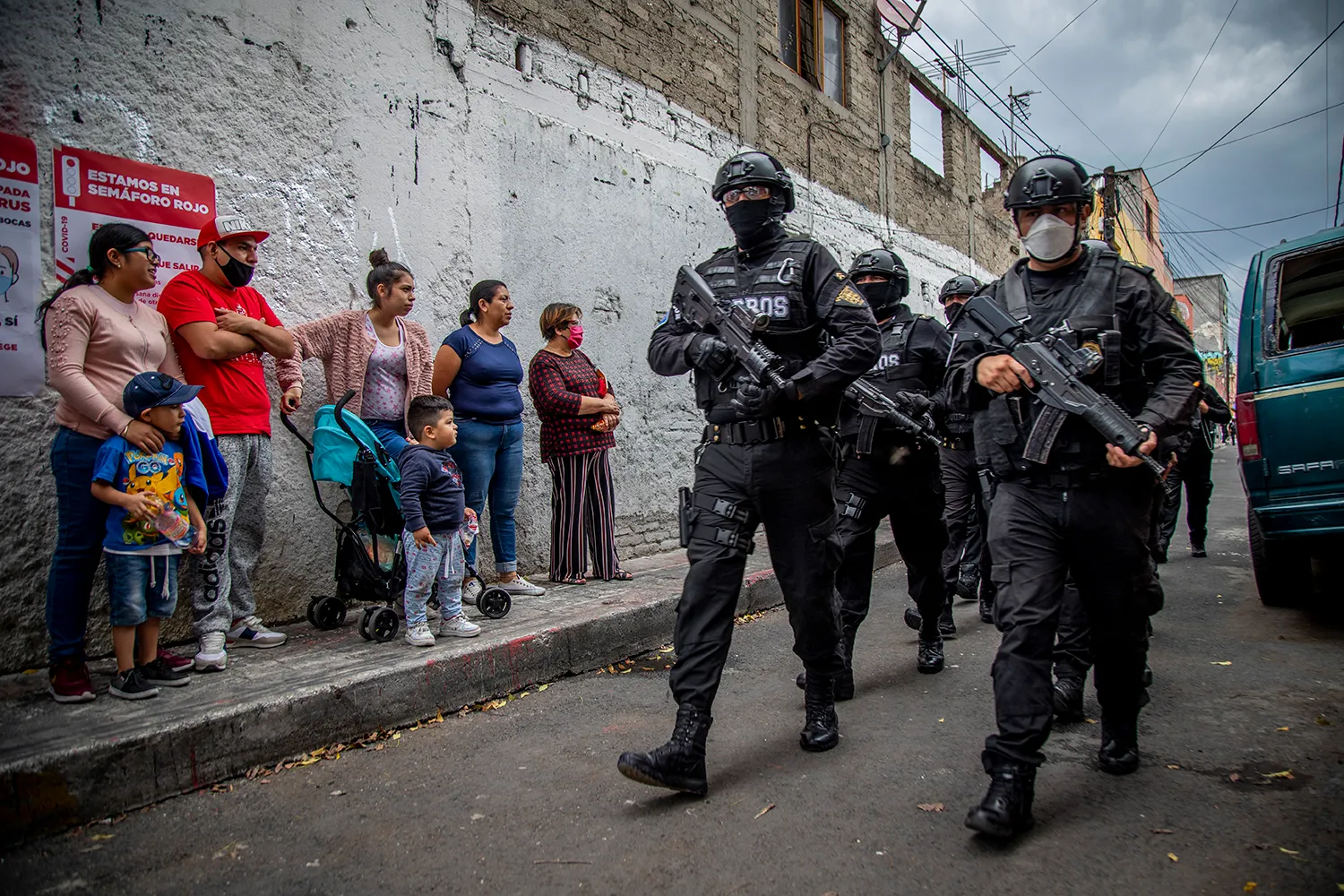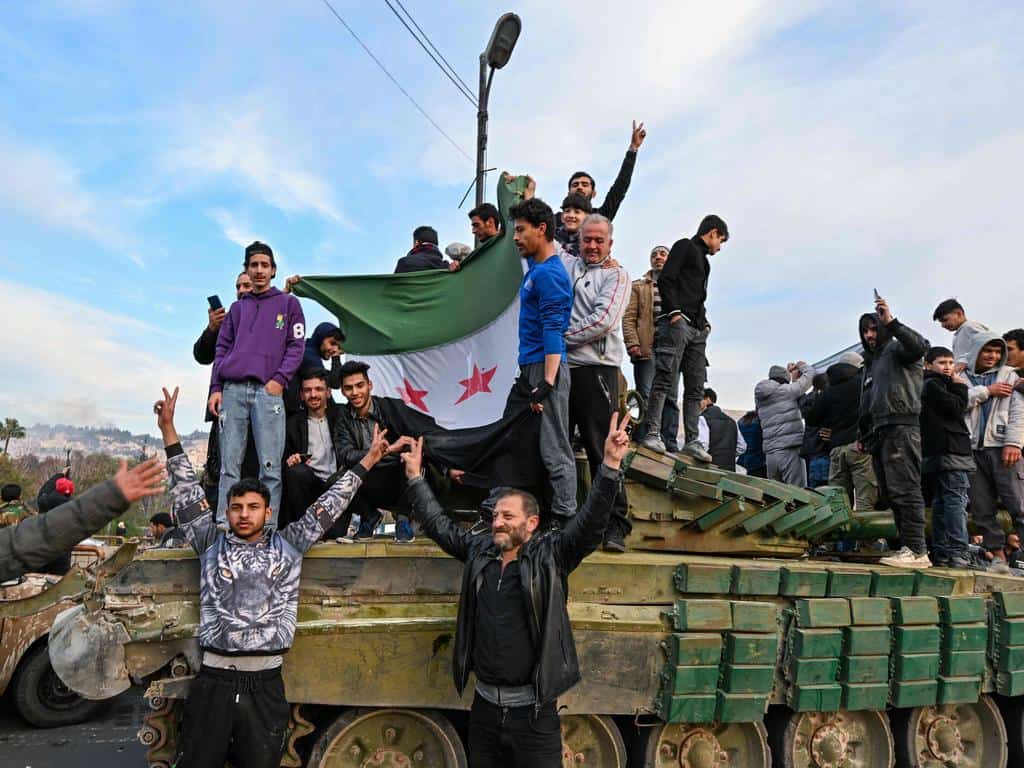Significant strides were made during the initial day of the latest negotiations aimed at securing a ceasefire and hostage release agreement in Gaza. U.S. officials confirmed that discussions will continue, with Qatari, Egyptian, and American mediators, alongside Israeli negotiators, agreeing to extend talks into a second day.
Why This Matters
The high-stakes summit in Doha, described by Israeli officials as a “last chance” for a deal, unfolds against a backdrop of escalating regional tensions. Iran and Hezbollah have issued stark warnings of retaliatory strikes against Israel following the recent targeted assassinations of Hamas and Hezbollah leaders in Tehran and Beirut.
- Biden Administration’s Perspective: The U.S. government views a successful hostage and ceasefire agreement as crucial for de-escalating tensions in the Middle East, potentially averting a broader regional conflict.
- The Proposed Deal: The ongoing negotiations aim to secure the release of 115 hostages held by Hamas in exchange for a temporary ceasefire in Gaza, where local health ministry reports indicate over 40,000 Palestinian casualties.
Latest Developments
CIA Director Bill Burns and President Biden’s top Middle East advisor Brett McGurk spent several hours on Thursday in Doha, engaging in critical negotiations with Qatar’s Prime Minister Mohammed bin Abdulrahman Al Thani, Mossad Director David Barnea, and Egyptian intelligence chief Abbas Kamel.
- Hamas’ Involvement: Throughout the day, Hamas representatives in Doha received briefings from Qatari and Egyptian mediators, according to a source familiar with the matter.
- U.S. Position: White House spokesperson John Kirby noted that the talks are primarily focused on bridging the remaining gaps between Israel and Hamas regarding the execution of the agreement. Kirby emphasized that the U.S. believes closing these gaps is feasible.
Regional Implications
Kirby highlighted the significance of the agreement in mitigating regional tensions. He disclosed that U.S. intelligence continues to suggest that Iran and Hezbollah are preparing for a potential attack on Israel, which could occur with minimal warning.
- Diplomatic Outreach: Following the first day of talks, Qatar’s Prime Minister briefed Iran’s acting Foreign Minister Ali Bagheri on the discussions, emphasizing the need for de-escalation, according to the Qatari foreign ministry.
Official Statements
U.S. officials described the initial day of talks as “very good,” with progress reportedly made.
- Qatar’s Stance: Majed Al-Ansari, a spokesperson for Qatar’s Ministry of Foreign Affairs, affirmed the mediators’ dedication to advancing towards a ceasefire that would facilitate the release of hostages and allow the delivery of substantial humanitarian aid to Gaza.
- Hamas’ Conditions: Senior Hamas official Husam Badran reiterated that any negotiations must adhere to a clear plan, ensuring a comprehensive ceasefire, withdrawal from Gaza, return of the displaced, and reconstruction, alongside a prisoner exchange deal.





